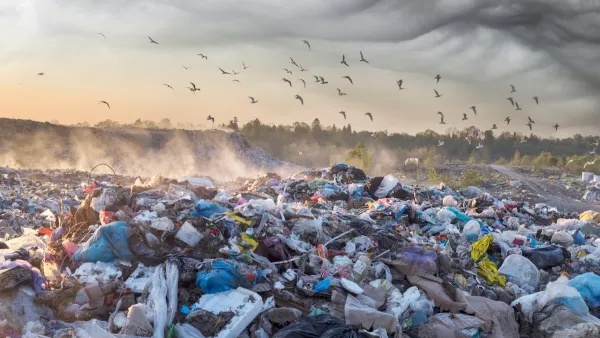A new IMF report recommends cutting energy subsidies globally to reduce overall fossil fuel emissions, reports Brad Plumer.
The IMF has issued a new report that breaks down the cost of direct and indirect energy subsidies by country and analyzes the impact that revoking these subsidies could have on the climate.
Overall, countries around the world directly subsidize $480 billion in energy consumption annually, with developing countries in North Africa and the Middle East providing the highest subsidies for gas and electricity and spending more on energy than public projects.
Accounting for the failure of countries around the world to tax carbon, the real figure is closer to $1.4 trillion.
The U.S., Russia and China provide the largest subsidies for fossil fuels annually, and out of these, China is the only one with a modest carbon tax in the works.
Revoking these direct and indirect subsidies could reduce greenhouse gas emissions by 13 percent globally, according to the IMF.
FULL STORY: IMF: want to fight climate change? Get rid of $1.9 trillion in energy subsidies.

Planetizen Federal Action Tracker
A weekly monitor of how Trump’s orders and actions are impacting planners and planning in America.

San Francisco's School District Spent $105M To Build Affordable Housing for Teachers — And That's Just the Beginning
SFUSD joins a growing list of school districts using their land holdings to address housing affordability challenges faced by their own employees.

The Tiny, Adorable $7,000 Car Turning Japan Onto EVs
The single seat Mibot charges from a regular plug as quickly as an iPad, and is about half the price of an average EV.

Seattle's Plan for Adopting Driverless Cars
Equity, safety, accessibility and affordability are front of mind as the city prepares for robotaxis and other autonomous vehicles.

As Trump Phases Out FEMA, Is It Time to Flee the Floodplains?
With less federal funding available for disaster relief efforts, the need to relocate at-risk communities is more urgent than ever.

With Protected Lanes, 460% More People Commute by Bike
For those needing more ammo, more data proving what we already knew is here.
Urban Design for Planners 1: Software Tools
This six-course series explores essential urban design concepts using open source software and equips planners with the tools they need to participate fully in the urban design process.
Planning for Universal Design
Learn the tools for implementing Universal Design in planning regulations.
Smith Gee Studio
City of Charlotte
City of Camden Redevelopment Agency
City of Astoria
Transportation Research & Education Center (TREC) at Portland State University
US High Speed Rail Association
City of Camden Redevelopment Agency
Municipality of Princeton (NJ)



























